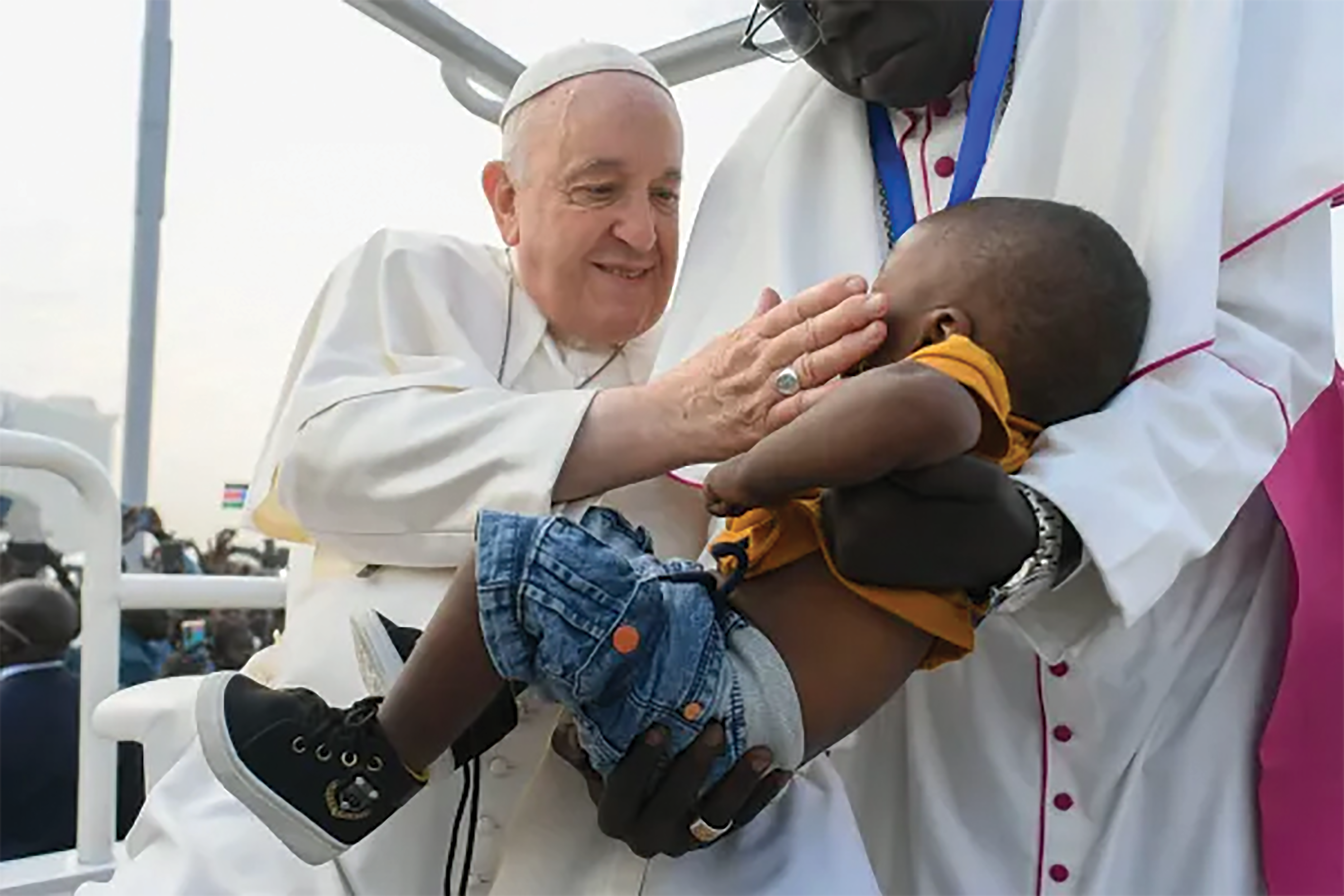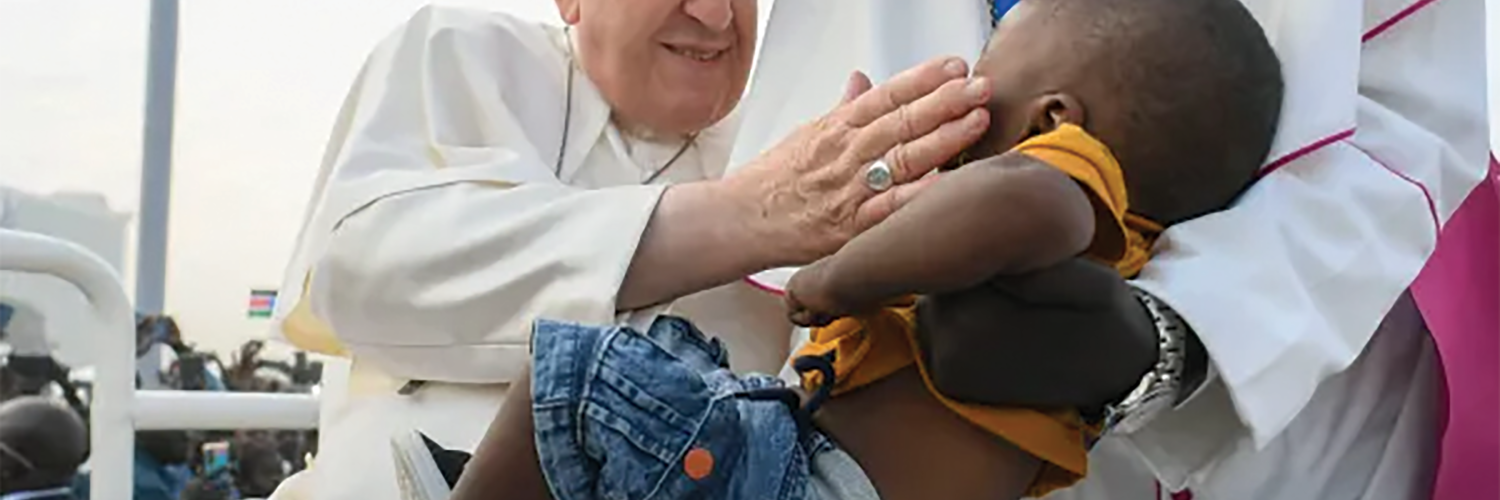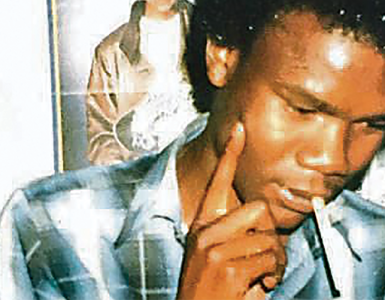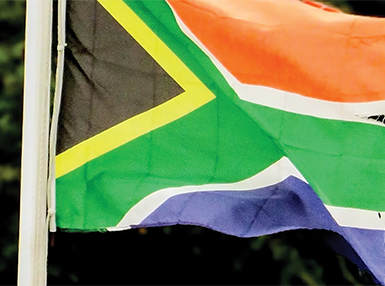MINISTRY: Pope Francis takes on critics in his forthcoming memoir. Wednesday (March 13) marked the 11th anniversary of the election of Pope Francis as the 265th successor of St. Peter…
By Jonathan Liedl

Pope Francis has no plans to resign from office — though he says some in the Church wish he would. The pontiff addresses the topic in Life: My Story Through History, his forthcoming autobiography. Excerpts from the book, which explores in detail the most significant moments of the 87-year-old’s life up until the present day, were published yesterday by the Italian newspaper Corriere della Sera.
In the book, Pope Francis says that despite the criticism and medical issues he has faced during his 11-year pontificate, he considers the Petrine ministry to be “for life” and sees no conditions for resignation, barring serious physical impairment.
“Over the years, perhaps some people have hoped that sooner or later, perhaps after hospitalisation, I would make an announcement like this, but there is no such risk: Thanks to the Lord, I enjoy good health, and God willing, there are many projects still to realise.”
The pope says that some are already focusing on who might succeed him, which he says was “only human,” but he also warns that this kind of speculation can be motivated by personal gain or “for profit in the newspapers.”
Addressing criticism levelled against him during his more than 10 years as pontiff, the Argentinian pope acknowledges that he was hurt by those who claim that he is “destroying the papacy.” But he says that he would have to go to the psychologist once a week if he paid attention to all of the criticism, which he suggests is motivated by opposition to his desire to make the Church more pastoral and less monarchical.
The pope also writes that it has “pained” him to see Pope Benedict XVI, who resigned in 2013 and lived in the Vatican as pope emeritus before passing away on December 31 2022, used against him for “ideological and political purposes” by “unscrupulous people who, not having accepted his resignation, have thought of their own gain and their own little garden to cultivate, underestimating the dramatic possibility of a fracture within the Church.”
In the new book, Pope Francis also defends arguably the most divisive move of his papacy: the Vatican’s recent controversial approval of blessings for same-sex couples.
The pope said that the promulgation of Fiducia Supplicans confirms that “God loves everyone, especially sinners,” and that if some decide not to implement the guidance, as many bishops and some entire episcopal conferences have, “it does not mean that this is the antechamber of a schism, because the doctrine of the Church is not called into question.”
While the pope says that marriage between people of the same sex is not a possibility, he reiterates his approval of civil unions, stating that “it is right that these people who live the gift of love can have legal coverage like everyone else.”
The forthcoming autobiography reveals many details of the pope’s family history, upbringing, and ordained ministry — including several twists and turns and “near misses” along the way.
For instance, the pope shares how his paternal grandparents and father were almost aboard an Italian ship that sank in 1927 en route to Argentina, resulting in the death of 300 emigrants. But the Bergoglio family didn’t have enough money to buy tickets and were providentially spared from the doomed voyage.
Pope Francis also recounts how as a seminarian he developed a “small crush” on a young woman he met at his uncle’s wedding, whom he was “dazzled by.”
“For a week I always had the image of her in my mind and it was difficult for me to pray! Then luckily [thoughts of her] passed, and I dedicated body and soul to my vocation.”
Another near redirection occurred after World War II when the young Jesuit asked to go to Japan as a missionary. But his request was denied due to health concerns.
“If they had sent me to that mission land, my life would have taken a different path; and maybe someone in the Vatican would have been better off now,” the pope quips, referring to his detractors in the Curia.
Francis also recounts some of the highlights of his ordained ministry, such as the 2013 conclave that elected him pope, but also the more difficult stretches, such as his experience during the Argentinian dictatorship of 1976–1983 and his “exile” into rural Argentina by his Jesuit superiors. The pope also condemns surrogacy as “inhuman,” as it “threatens the dignity of men and women, with children treated as commodities.”
On the topic of the protection of creation, Pope Francis writes that “time is running out” to save the planet but urges activists to not resort to violence or “defacing works of art” in their efforts to push for change.
The pope also emphasizes the need for the Church to follow Christ’s example of going to people on the margins in its care for same-sex-attracted and trans-identifying people, “who are often marginalized within the Church.”
“Make them feel at home, especially those who have received baptism and are to all intents and purposes part of the people of God.”
Pope Francis co-wrote Life: My Story Through History with Fabio Marchese Ragona, a Vatican journalist and personal friend. The highly anticipated autobiography, which is being published in the United States and Europe by HarperCollins, is expected to be released in full on March 19. – Catholic News Agency (CNA)
Comment
STOP THE ASSAULT ON OUR DEMOCRACY
South Africa’s general elections, scheduled to be held on May 29 this year, have been threatened by acts of violence and intimidation from certain members of opposition political parties some of whom have already declared – without any proof – that the results were going to be rigged in favour of the African National Congress.
Some members of the uMkhonto we Sizwe party, this week boldly declared that no elections would be held should the party be removed from the voters roll. The party will be squaring up against the ANC in the high court next week over the trademark logo and name which the ANC argues, was their brand and associated with their military wing. There has also been suggestions from some quarters – without any proof – that the election results would be rigged in favour of the ANC.
The threats of violence were obviously made to also intimidate the court that a decision against the MK party could spark violence. The mere fact that the matter had been brought before court meant that a fair and just decision was being sought to resolve the matter legally and amicably.
Political parties which embraced anger and used violence as a tool to achieve their objectives, should be stopped in their tracks for undermining the rule of law. Law enforcement agencies should act swiftly against those who threaten the holding of free and fair elections which had been monitored by the Independent Electoral Commission since 1994.
Thousands of people, including political activists, laid their lives on the line for the democracy that was subsequently achieved in 1994. The country cannot now allow certain individuals or political parties to threaten the health of this hard-fought democracy. South Africans should not allow themselves to be intimidated by people who have no respect for the rule of law and who believe they can achieve their goals by fanning the flames of political violence.
The police must act against those who advocate violence and pose a danger to our democracy. South Africa cannot be held to ransom by some individuals or political party who think they are a law unto themselves. Every person in this country has the right and freedom to vote for a political party of their choice without fear. Police should not wait until the last minute to act against those who pose a danger to our lives and were planning to conduct a reign of terror to attain their objectives.
With international observers expected to be in attendance during the voting process in May, we expect the IEC to conduct free and fair elections and for all parties to accept the results.
Police must be on the alert and arrest those who try to disrupt this process because violence is expected to be their last resort.





























